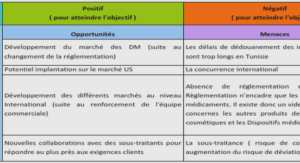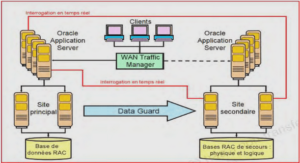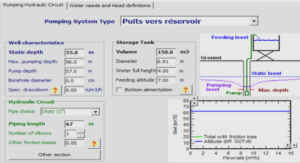Vulture Funds and Fresh Start Accounting of Firms Emerging
In his survey of the market for distressed debt investing Gilson (1995: p8) comments that during his decade of study, which was characterised by a record period for bankruptcies and restructuring, “One of the most important and enduring legacies of this period has been the development of an active secondary market for trading in the financial claims of these companies”. The growth in investors who target the purchase of distressed debt – often called vulture funds – has and continues to grow dramatically. In a thought provoking piece Harner (2011: p.155) argues that these activist debt investors are the new corporate raiders and she suggests “that some regulation of strategic debt acquisitions is warranted”. To date research on the involvement of vulture funds has reported mixed results. Some finance research has reported on the positive net effect of hedge funds (which include some vulture funds) during restructuring (e.g., Jiang et al., 2012; von Thadden et al., 2010) while other legal research has questioned how vulture funds have aggressively reduced the legal claims of original equity investors (e.g., Baird and Rasmussen, 2003). While the evidence seems to be quite clear that vulture funds improve the likelihood of a company emerging from Chapter 11, the issue that has not been resolved is whether the vulture funds are able to take control at too low a cost. Accounting valuation takes center stage in such a debate. The principal accounting rule that governs valuation of firms emerging from Chapter 11 are the Fresh Start accounting rules of SOP 90-7 updated in FASB ASC 852. At the time of development of SOP 90-7 it was probably never anticipated there would be a significant market in traded distressed debt. Now that there is, this research considers whether there is any evidence that accounting rules designed originally to specifically assist companies in distress, are being influenced by vulture funds to increase returns from a loan (distressed debt) to own strategy. An alternative hypothesis could be that the reason we observe the presence of vulture funds is because increasingly Chapter 11 firms need access to their expertise at strategic restructuring of the operational and financing problems. Put simply the vulture funds assist in weeding out poor management, negotiating refinancing and dealing with operational issues. However a competing hypothesis is that when vulture funds succeed in taking control of fulcrum debt they may disenfranchise existing equity holders by exploiting how Fresh Start accounting valuations are used to determine residual allocations between various claimants. Put simply this competing hypothesis assumes they gain control on the cheap by introducing self-interested bias into the Fresh Start valuation process. To test formally whether such bias exists we consider how reliable the Fresh Start accounting valuations are. We use a bank of three measures of reliability when conducting our testing. We note that purchasing the “right sort” of distressed debt1 at the right discounted price may not always be possible so vulture funds strategic self-interest will depend critically upon which debt securities they can in reality purchase. Hence we explain the form of bias that a vulture fund would like to introduce into the Fresh Start valuation process will be dependent upon what debt securities they manage to purchase. Specifically we explain how the desired form of bias will be critically dependent upon The paper is now organised as follows. In section 2 we review how Fresh Start accounting works and why potentially this method of accounting may assist vulture funds in gaining control at low cost. We review in detail one specific prominent case which illustrates the issues clearly. In section 3 we review three literatures. In the first the legal literature is covered which focuses upon how residual claims are split between shareholders of the original company and proposed shareholdings in the new company emerging from Chapter 11. Next a review of the finance literature on distressed debt investing is covered which concentrates on the relative performance of emerging companies with or without involvement from vulture funds. We note that this literature has largely missed the role of accounting choices in facilitating / determining returns from this class of investment strategy. Next, some of the accounting literature on accounting choices, marking to market and self-interest is reviewed plus the small number of accounting research papers that have explicitly studied Fresh Start accounting. These three literatures together motivate our primary hypotheses. In section 4 we provide information on our sample of Fresh Start reporting companies and our database of vulture investors. Section 5 provides initial empirical results and Section 6 the conclusions.





